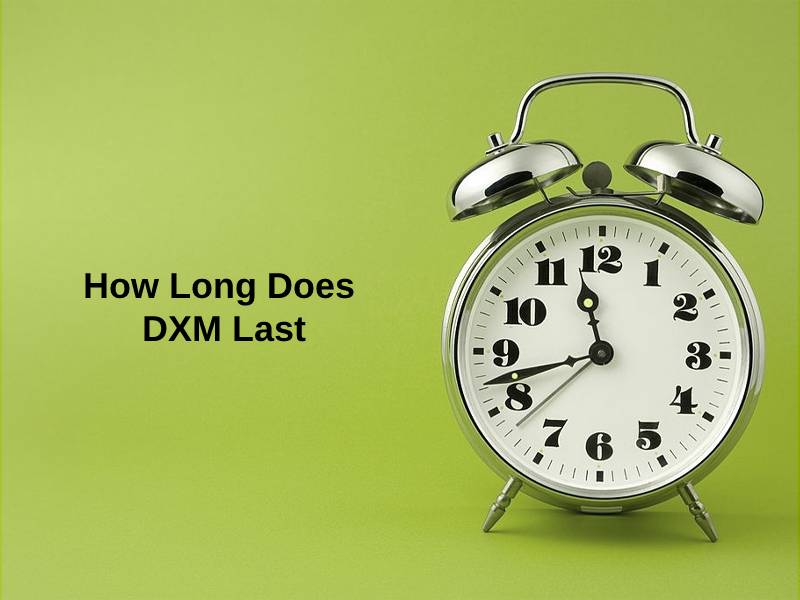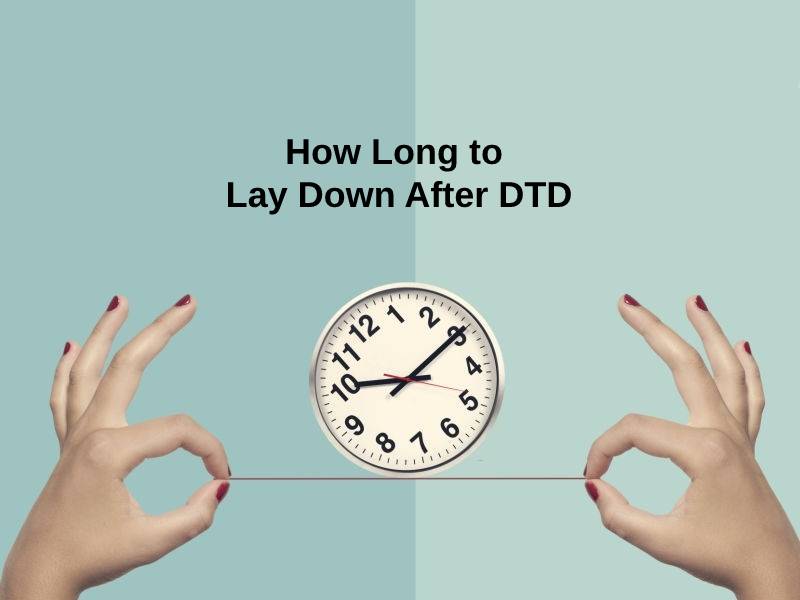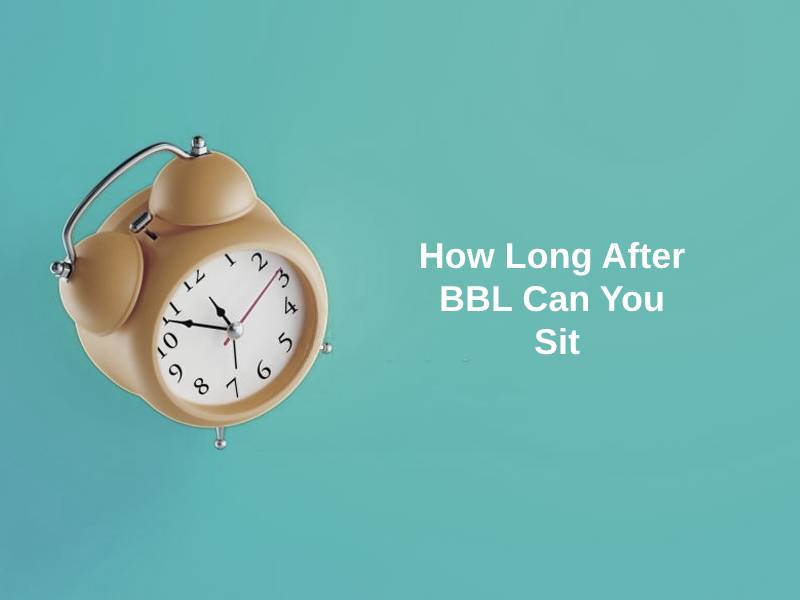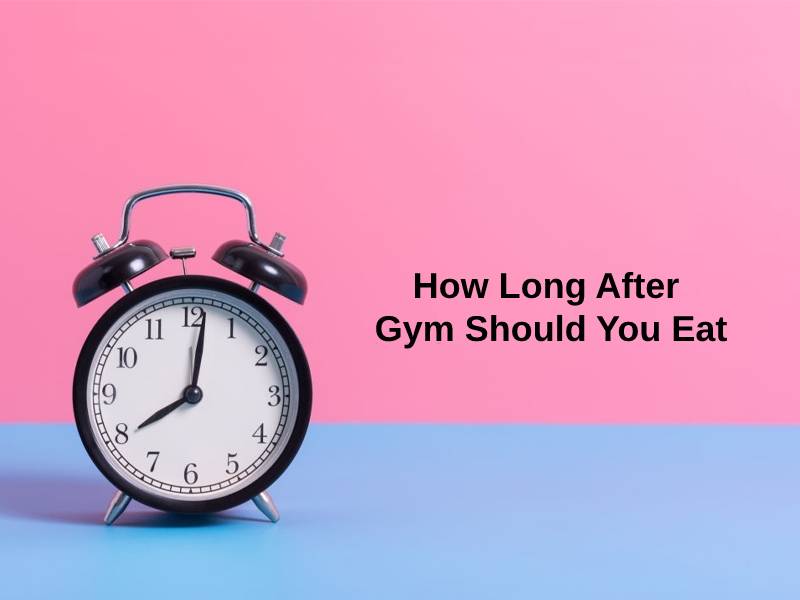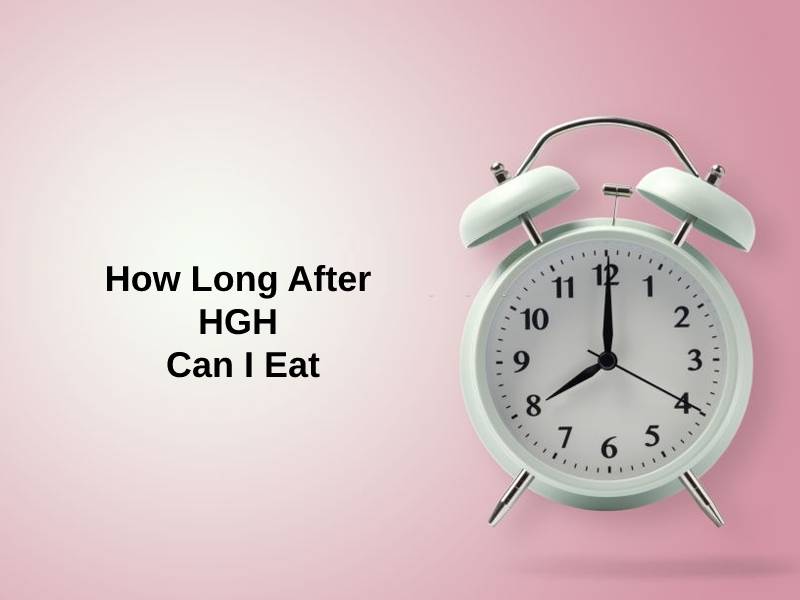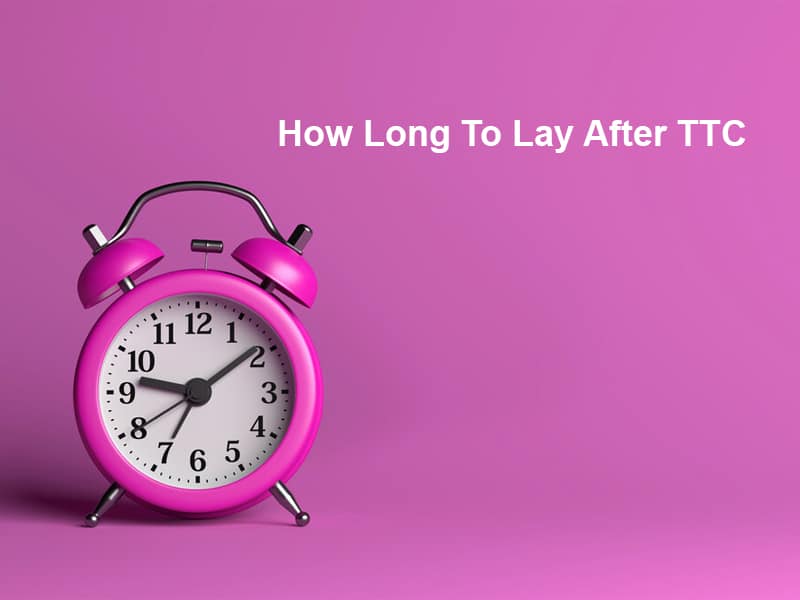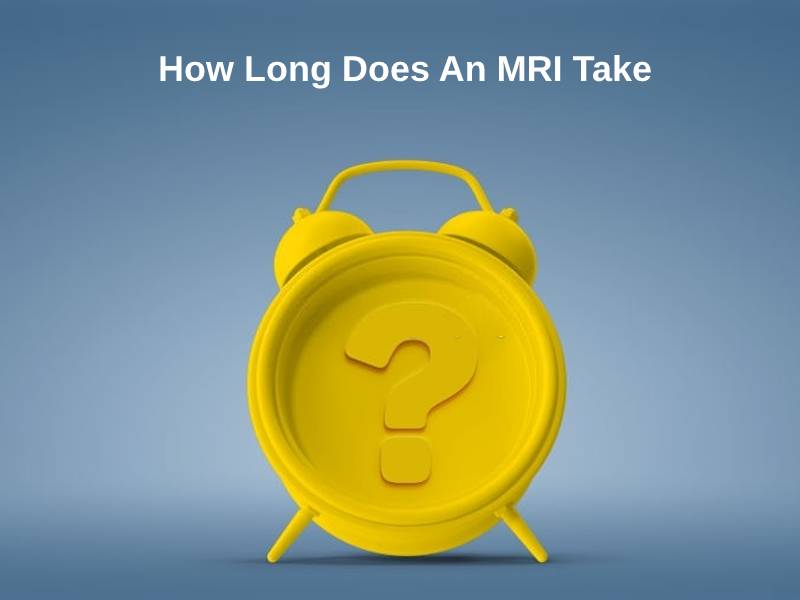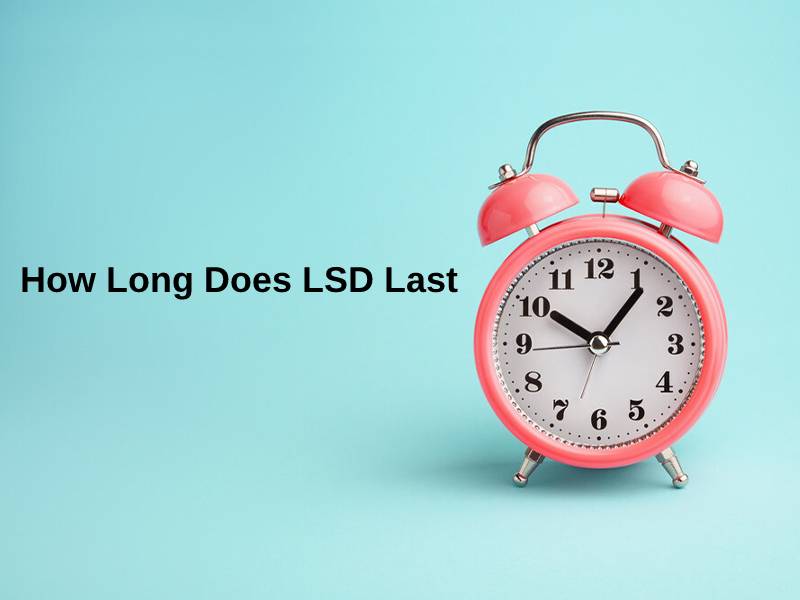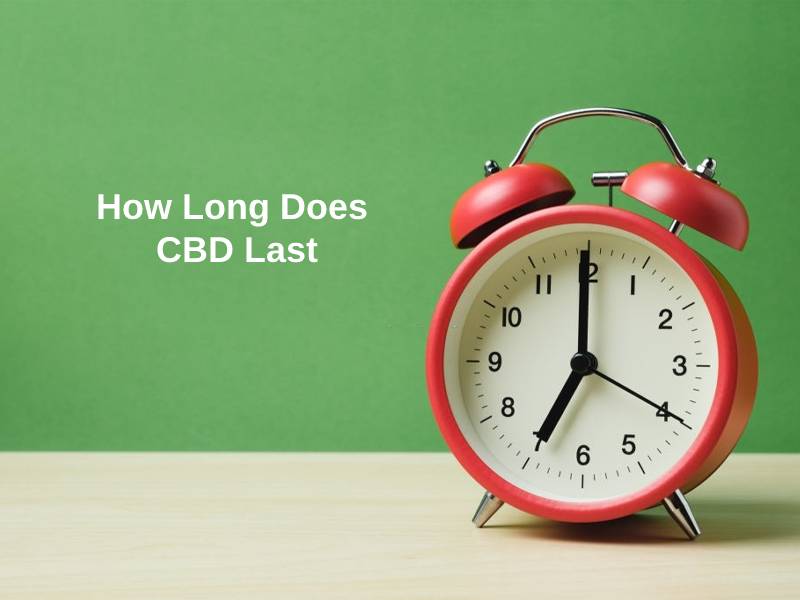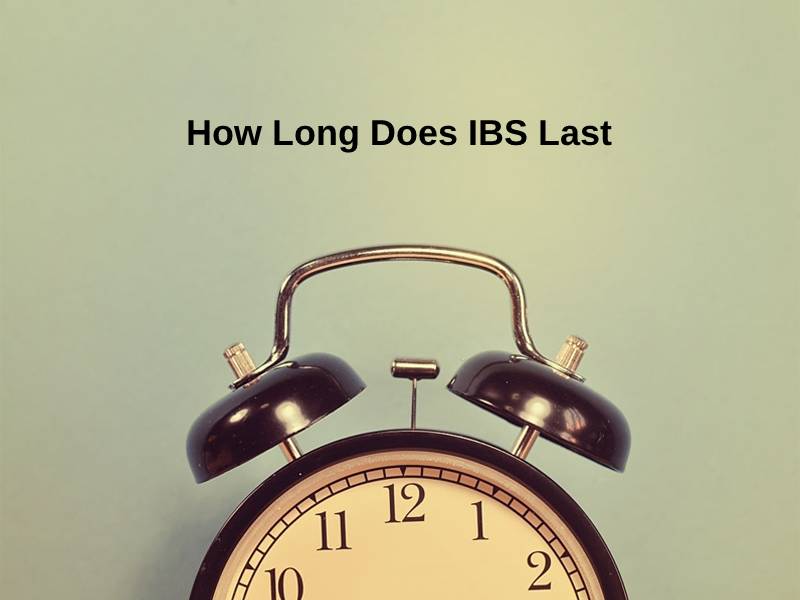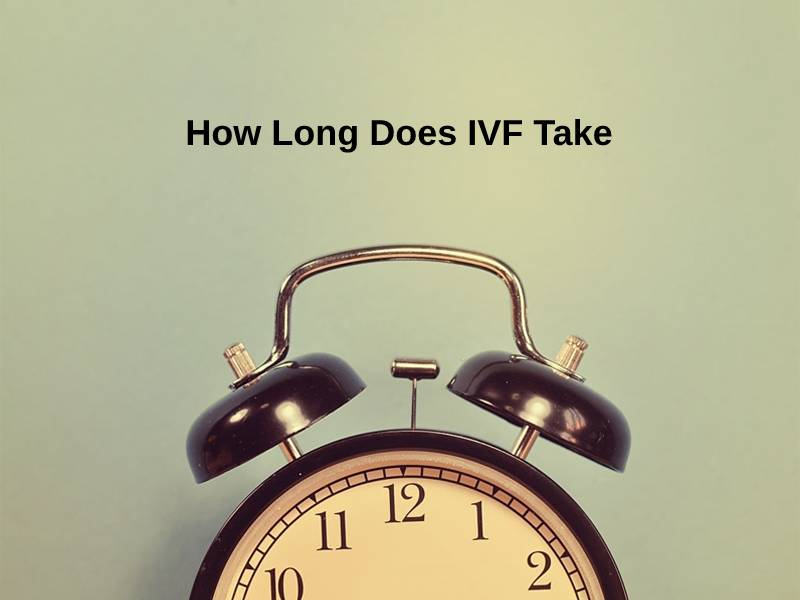Exact Answer: 1 to 5 days
There are multiple causes for health problems, sometimes the causes cannot be exactly determined. Some people are affected by seasons, while some can be affected by food, the environment surrounding them, and much more. Apart from foodborne illness, many other issues affect the gastrointestinal system (GI). While some just think of it as an upset stomach, some know that they are experiencing indigestion. Indigestion is one of the most common stomach problems that people face every day.
Indigestion, also very popularly known as dyspepsia, is a functional disease. Here, the GI organs, which primarily include the stomach and the first part of the small intestine, and sometimes also the esophagus, The GI parts function abnormally and while sometimes they happen just for a while, for about a week, while for some, it is a chronic disease, which will last for years, and even a lifetime. There are many symptoms, which the body will exhibit, once someone gets indigestion.
The severity of the problem will intensify and fluctuate over time as time passes. When someone is affected with dyspepsia, there will be days or weeks for which the person will experience relief, but after that, the symptoms will return if not treated properly. The symptoms and other effects will keep recurring for weeks or days at a time.
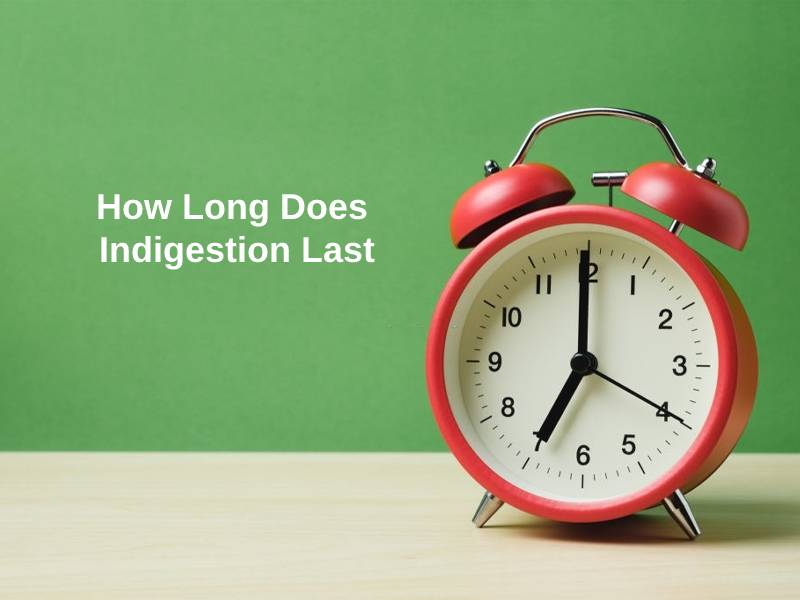
How Long Does Indigestion Last?
| Symptoms | Time |
| Indigestion symptoms last for | Can be weeks, months, or even years, which depends on various factors |
| The patient must visit the doctor if the symptoms last for more than | 2 weeks |
| Indigestion due to eating last for | 1 to 10 hours |
There are various reasons why indigestion happens in the long run like abnormal input received from the intestinal sensory nerves and also abnormal processing of the input by the nerves. There is also the reason for abnormal stimulation of the intestines by the motor nerves, and even food plays an important role in causing indigestion. There are many symptoms, and some of the primary ones include occasional belching, nausea, vomiting, bloating, abdominal pain, and discomfort in the upper abdominal parts, and distention.
Even when the symptoms are underlying, they can be triggered by eating. On the other hand, pregnancy can cause indigestion, also high blood pressure, and obesity. When someone experiences the symptoms of stomach problems and the person is diagnosed with no GI disorders or abnormalities, it is narrowed down to indigestion. Usually, the symptoms of indigestion can also be mistaken for GI problems like acid reflux, acid indigestion, gastritis, and others.
When someone visits the doctor for stomach problems, they either look for indigestion or cancel out all the serious GI problems to conclude it as indigestion. It is very important to rule out all the other severe GI disorders so that it is treated properly.
Why Does Indigestion Last That Long?
There is no right cause for indigestion found, and yet they are currently being treated with muscle relaxants and promotility drugs to soothe the symptoms of indigestion. That’s not all, because sometimes even antidepressants are prescribed, and a change in the diet will also be suggested by the medical experts. It is important to get a potent acid suppression with the medications because acid reflux might happen when one takes medicines for indigestion.
Certain foods provoke indigestion more than others, so avoiding them will also help greatly. Home remedies and all sorts of medicines can be used to soothe the symptoms, but there is no record that they can completely cure indigestion. Indigestion can also be the symptom of more severe underlying problems, like GERD, gallbladder disease, and even ulcers. Hence, the cause for indigestion must be diagnosed properly, so that it can be treated properly.
Conclusion
Some of the common medications prescribed for indigestion include pain relievers, aspirin, estrogen, birth control pills, steroids, thyroid medicines, and also antibiotics. There are also lifestyle causes like eating too much or too fast, when stressed, and high-fat foods can also be a great impact that causes indigestion.
Drinking alcohol, smoking, stress, and fatigue can also cause indigestion, and yet sometimes, they will be no valid cause for indigestion, and it can last for days, weeks, months, sometimes even years. Yet, it is necessary to visit the doctor if the indigestion lasts for more than 2 weeks.




